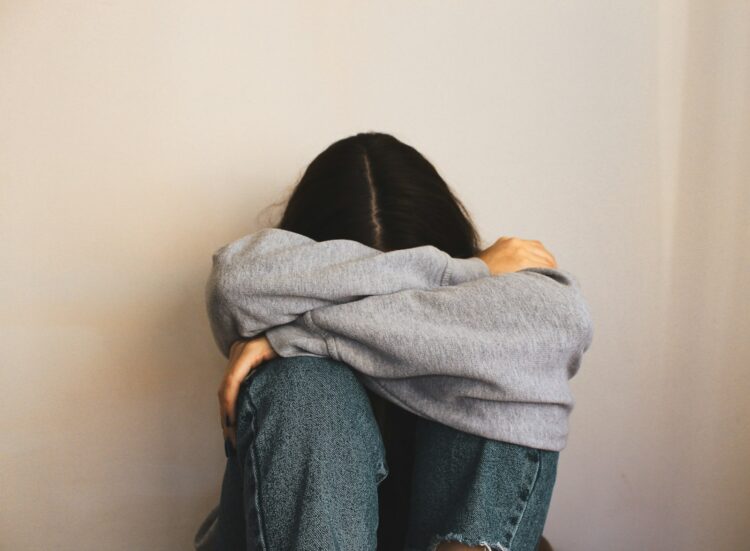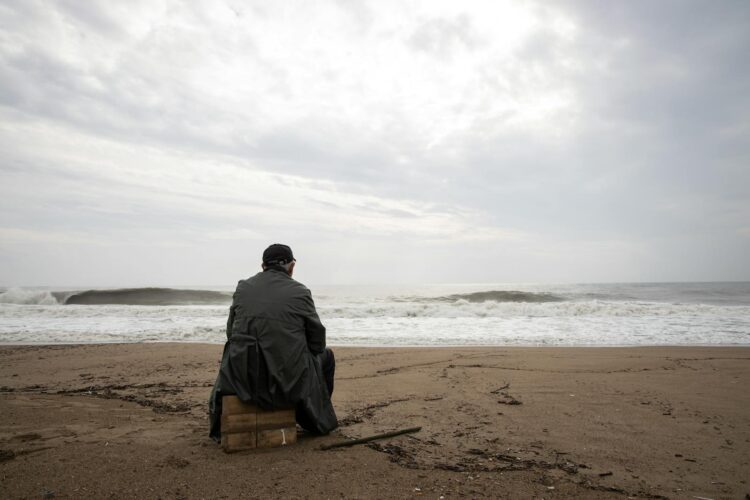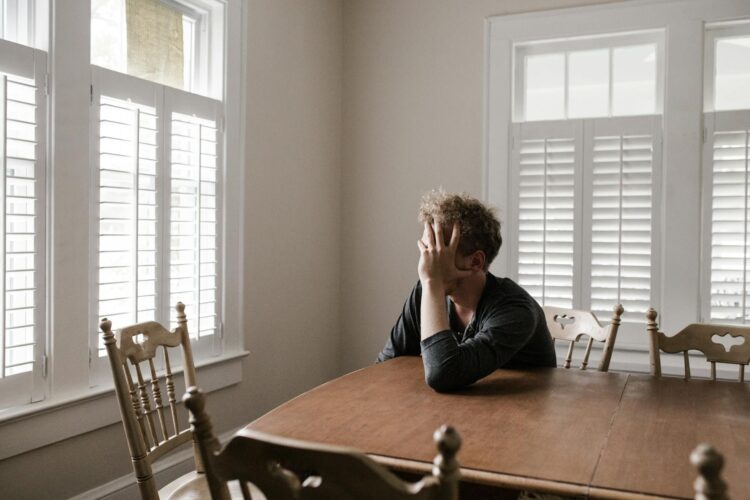
It’s not always easy to figure out why friendships don’t stick, especially when you feel like you’re trying. Having no close friends can feel lonely, but it doesn’t mean you’re stuck that way forever. The first step is understanding what might be getting in the way. Here are 15 reasons people struggle to build friendships and what you can do to change it.
You Don’t Make The First Move

Waiting for others to reach out can leave you feeling left out. Friendships usually start when someone takes the initiative, whether it’s starting a conversation, making plans, or showing interest in someone’s life. If you never take that step, people might think you’re not interested. To change it, try being the one to invite someone for coffee or ask how their week is going.
You Keep People At A Distance

If you always hold back and don’t let people see the real you, friendships struggle to grow. Being guarded can protect you from getting hurt, but it also keeps you from forming real connections. Many individuals want to feel like you trust them, and they notice when you don’t open up. Start small by sharing more details about yourself (stories about your life, your jobs, and more).
You Don’t Listen Enough

Friendships aren’t just about talking but also about listening. If you dominate every conversation, people may feel unheard. Over time, that can push them away. Being a good listener makes others feel valued, and it’s one of the simplest ways to strengthen bonds. Pay attention, ask questions, and let people finish their thoughts before speaking. You’ll see how much closer you’ll feel when you truly listen.
You Don’t Make Time

Friendships need effort, and if you never make time, they slowly fade. Being too busy or always canceling plans makes people think they don’t matter to you. Life can get hectic, but even small gestures like sending a message or planning short meetups help keep connections alive. To change this, start prioritizing relationships the same way you do other important parts of your life.
You Struggle With Trust

If you assume people will let you down, it’s hard to let anyone in. Past experiences can make trusting others feel risky, but without trust, friendships can’t grow. Constant suspicion or second-guessing pushes people away because they feel like they’ll never be good enough. Work on building trust gradually, and remember that not everyone will repeat the mistakes of your past.
You Don’t Share Your Feelings

Friendships grow deeper when you share not just good times but also your struggles. If you only keep things light and never talk about your real feelings, friendships may stay shallow. Friends want to feel closer to you, and that requires honesty from your end. We’re not asking you to overshare, but opening up about what’s going on in your life allows others to feel more connected to you.
You Expect Too Much Too Soon

Sometimes people scare others away by expecting instant closeness. Friendship takes time, and trying to force it can make someone pull back. If you expect someone to act like your best friend right away, they may feel pressured. Instead, let the friendship build naturally. Focus on enjoying time together rather than rushing toward a certain level of closeness.
You Struggle With Negativity

Being around constant negativity can wear people down. If you always complain or focus on the worst, others may avoid spending time with you. Everyone has bad days, but if that’s your main energy, it can push friendships away. Try balancing honesty about your struggles with positivity. People are drawn to those who can share real feelings while also lifting the mood (joke around and make them feel good).
You Don’t Respect Boundaries

Friendships fade when one person doesn’t respect the other’s boundaries. Maybe you text too often, push for more time than they can give, or ask questions they’re not ready to answer. Respecting personal space is a sign of trust, and people feel smothered without it. Learn to give your friends the space they need to feel healthier.
You Struggle With Self-Esteem

When you don’t feel good about yourself, it can affect how you connect with others. You might assume people don’t like you or avoid putting yourself out there at all. Over time, this creates distance. Building self-esteem helps because friendships grow stronger when you believe you’re worth knowing. Start by practicing self-kindness and remembering that friendships work best when both people see value in themselves.
You Don’t Handle Conflict Well

Disagreements happen in every friendship, but if you shut down or lash out, it can end things quickly. Avoiding conflict doesn’t solve problems, and overreacting can make people feel unsafe. Learning to talk things through calmly keeps relationships strong. Instead of walking away when there’s a problem, try listening and finding a solution together. Handling conflict well often makes friendships even closer.
You’re Afraid Of Rejection

The fear of being rejected stops many people from making friends. You avoid inviting someone out because you worry they’ll say no. But here’s the truth: rejection happens to every single person out there, but it’s not the end of the world. The more you try, the more likely you are to find people who want your friendship.
You Don’t Give Enough Back

Friendships fall apart when the effort feels one-sided. If you always take without giving, people eventually pull away. Friendships (and all kinds of relationships) thrive on balance—both people need to feel appreciated. Show up when they need you, celebrate their wins, and be there in the tough times. When people see you care as much as they do, they’ll naturally invest more in you.
You Struggle To Let People In

Some people miss out on friendships because they never move past casual connections. If you avoid deeper conversations or always keep things surface-level, it’s hard to form real bonds. Friendships grow when you let people know the real you. Try sharing stories, experiences, or even small struggles. Letting people in shows trust, and it creates the closeness that turns acquaintances into true friends.
You Haven’t Found The Right People Yet

Sometimes the problem isn’t you at all—it’s that you haven’t met people who really match your values or interests. Not every connection will turn into a friendship, and that’s normal. If you’re putting in effort but nothing sticks, it may be time to explore new groups, hobbies, or communities. Finding the right people can make friendships feel easier, much more natural, and longer-lasting.

